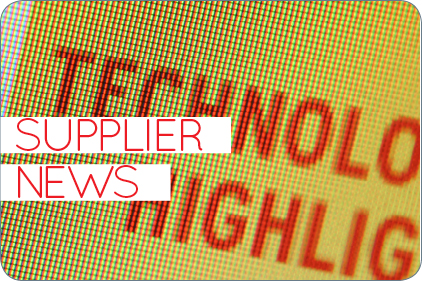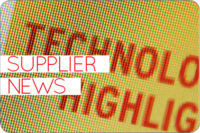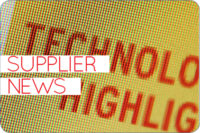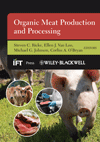Neogen introduces NeoSEEK meat species identification service

To address the growing global concern of economic adulteration and food fraud, and to complement its fast and accurate test kits designed for use in processing facilities, Neogen now offers a raw or cooked meat species identification testing service.
Neogen’s NeoSEEK meat species identification service detects adulteration at levels of 0.1% or 1% of mislabeled horse, pig, poultry, beef or sheep meat. Precise quantitative results that show the percentage of adulterant in a meat sample are also available. Results are available within 48 hours of sample receipt at Neogen’s facilities in Lincoln, Neb.
“Our on-site tests are the quickest path for most processors, but we understand that not all processors have the facilities and personnel to do their own meat species identification testing,” said Neogen’s Joe Heinzelmann. “Food processors can use this convenient service to verify the integrity of their supply chains or support certificate of analysis data to protect their customers from the adulteration of meat products with undeclared animal meats. We can test both cooked and raw samples at either 0.1% or 1%, and if the screening assay shows a positive result we can provide quantitative results as a next step in an investigation, depending on the customers’ need.”
Neogen’s on-site meat species identification tests include F.A.S.T. (Food Analyte Screening Tests), which are immunostick assays that provide clear visual results in about 30 minutes. The NeoSEEK service utilizes a DNA-based assay featuring specialized PCR technology to deliver precise quantitative results of adulteration in test samples. A sample submission form and additional information can be found at http://www.neogen.com/FoodSafety/NS_SI.asp.
Neogen has offered meat species identification services for European customers from its location in Ayr, Scotland for a number of years, but has seen a spike in interest in North America related to the horsemeat scandal in Europe. Neogen is in the unique position to offer products that cover food safety, security, and defense through its speciation and adulteration detection products.
Species identification also helps ensure animal tissue containing restricted veterinary drugs don’t make their way into the consumer food chain. For example, the anti-inflammatory drug phenylbutazone often is used in horses, but is banned in food animals because it can cause severe health problems in humans.
Neogen Corporation develops and markets products dedicated to food and animal safety. The company’s Food Safety Division markets dehydrated culture media and diagnostic test kits to detect foodborne bacteria, natural toxins, food allergens, drug residues, plant diseases and sanitation concerns.
Looking for a reprint of this article?
From high-res PDFs to custom plaques, order your copy today!






